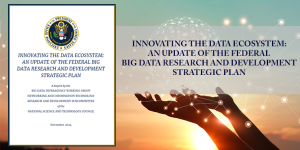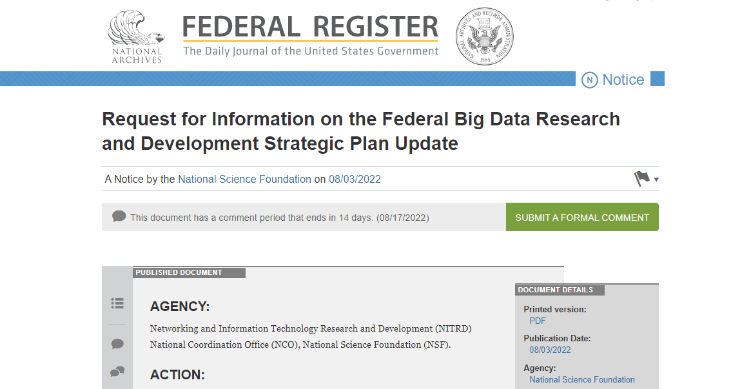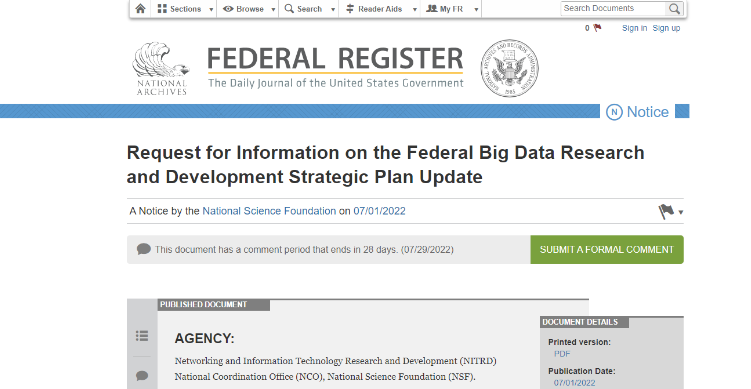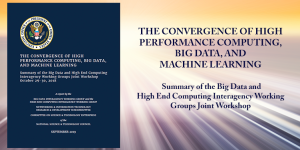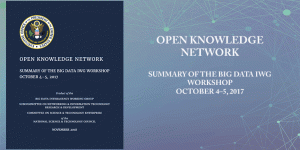Networking and Information Technology Research and Development (NITRD) Program announces update to Big Data Strategic Plan
This document outlines a new vision and strategies to address the evolving big data research and development needs. It updates “The Federal Big Data Research and Development Strategic Plan” to address the notable developments and substantial changes in technologies and data management over the past several years. Additionally, this update considers the ethical and workforce implications of big data capabilities, and incorporates insights from federal agencies, findings from a community workshop, and input from the public. This update is essential to ensuring that the United States remains equipped to tackle the most pressing challenges and to empower the nation to make informed decisions that directly impact every sector.


